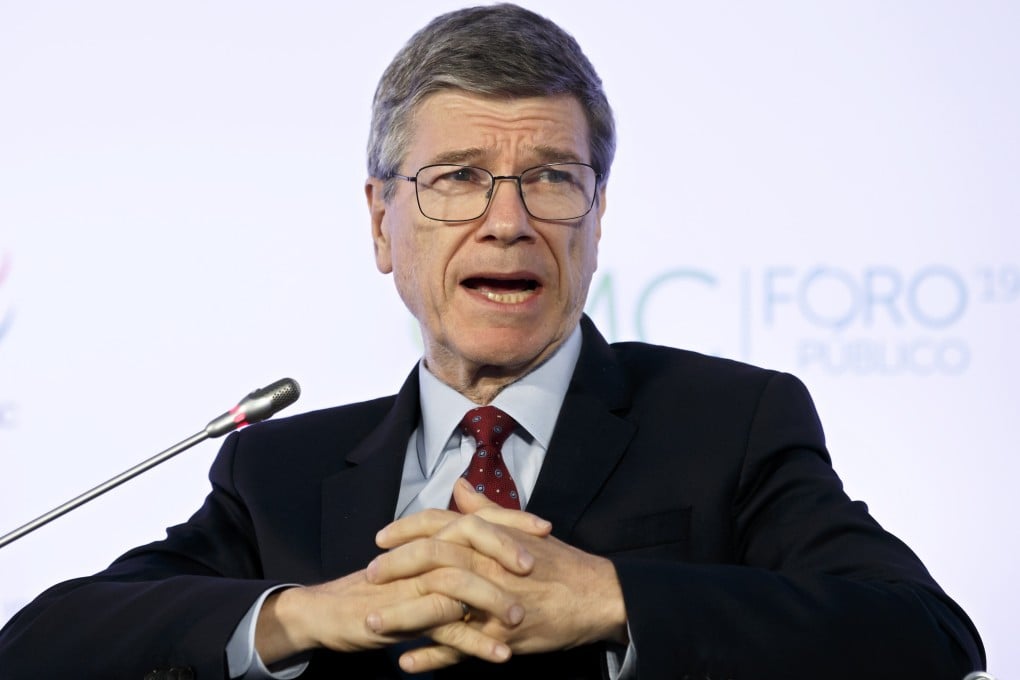Advertisement
China, US united on Covid-19 probe? Lancet commission head says it’s the only way forward
- The countries should work together to set new safety standards for labs doing virus research, according to Jeffrey Sachs
- He says Washington shouldn’t point fingers at Beijing and should take ‘cooperative’ approach to pandemic origins investigation
Reading Time:3 minutes
Why you can trust SCMP
2

The US and China need to put aside differences and work together to set new safety standards for laboratories doing virus research, said Jeffrey Sachs, chair of the Lancet Covid-19 Commission that oversees task forces to combat the coronavirus pandemic and prevent future outbreaks.
His comments come as both Beijing and Washington this month released statements on the need for stricter oversight of laboratories that handle dangerous pathogens.
But with both countries at loggerheads over the possible origin of Covid-19 – including allegations it may have escaped from a lab in China doing research funded by the US – Sachs said cooperation is the only way forward.
Advertisement
“The US was funding joint US-China research on Sars-like viruses, and so should not point fingers at China but should approach the investigation in a cooperative mode, and with a sense of shared responsibility for a careful review of the evidence,” he said in an email response to questions.

Advertisement
Chinese President Xi Jinping on Wednesday emphasised the importance of biosecurity to national security. Speaking at the monthly session of the Politburo, the country’s top decision-making body, Xi said ethical review of science experiments needs to be strictly enforced.
Advertisement
Select Voice
Select Speed
1.00x